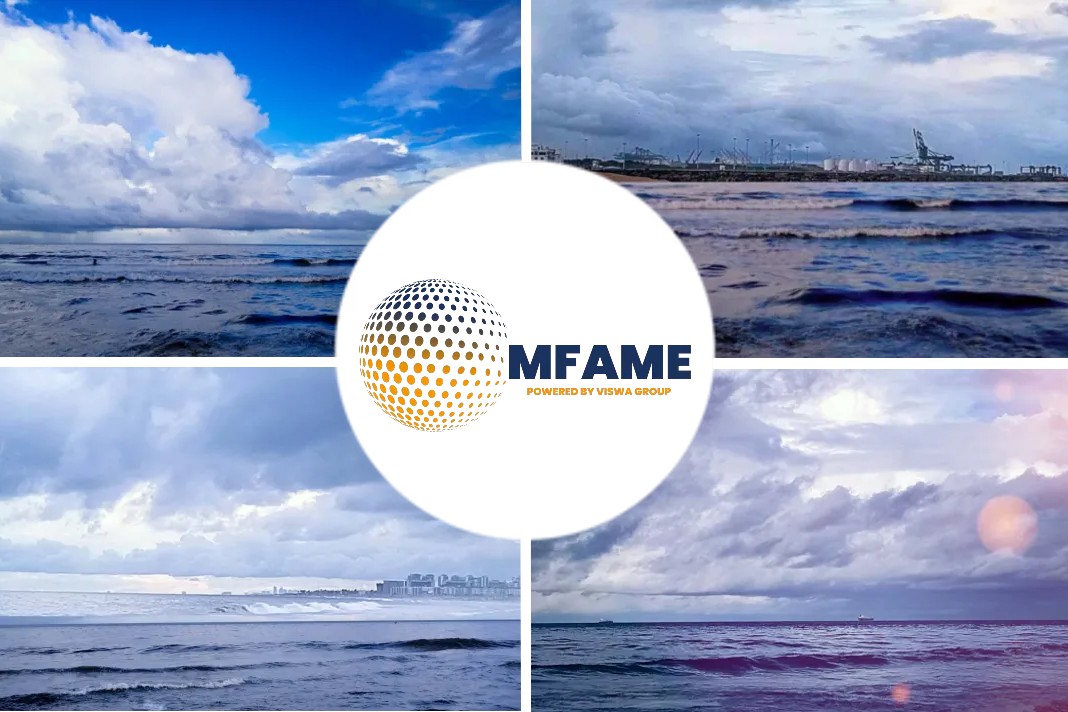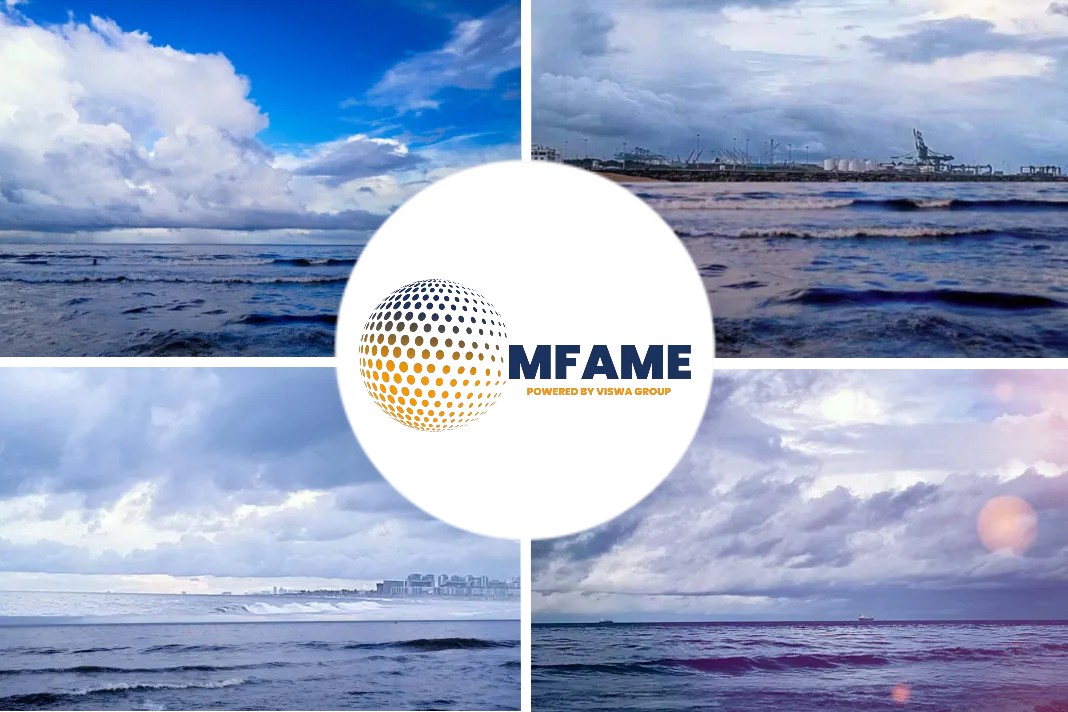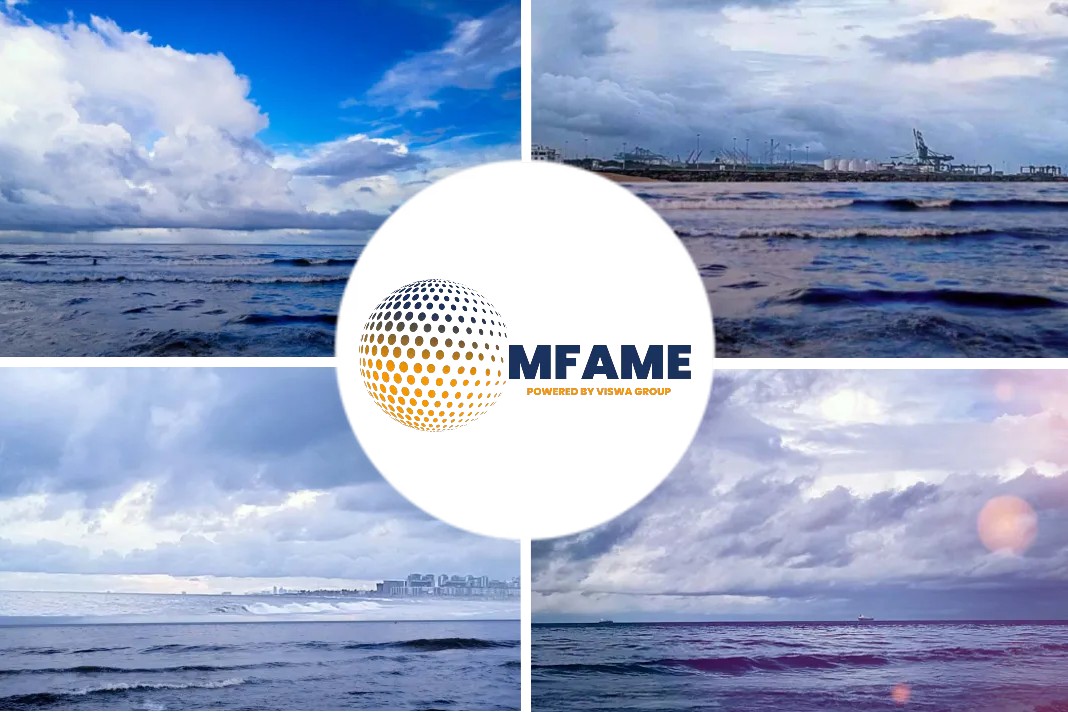Scientists are surprised by the amount of plastic they have found in such an untouched area of the planet, reports Sky News.
Every litre of Antarctic seawater
Hundreds of pieces of plastic have been found in every litre of Antarctic seawater by scientists.
Filtered the water
In the first attempt to quantify how much plastic has reached the pristine continent, scientists on British Antarctic Survey’s (BAS) ship the James Clark Ross have filtered the water in fjords along the Antarctic Peninsula.
Tristyn Garza, from the University of West Florida, pumps water samples taken at different depths through an ultra-fine filter.
Microscope reveal many more
A sample taken from surface water in Borgen Bay on Anvers Island yielded several fibres and fragments of microplastic that were visible to the naked eye, but samples studied under the microscope revealed many more. “It’s incredible,” she said.
More plastic than expected!
Pristine and untouched
“There’s lots more plastic than I was expecting to see. So far it is easily in the hundreds [of pieces] per litre of water, which is very sad because the places we are looking at are pristine and untouched.”
“You would not be expecting to see human influence, but so far there definitely has been.”
Net is used to sieve
The net is used to sieve plankton, tiny marine plants, from the top layer of water.
But Julian Blumenroeder, from the University of Heidelberg in Germany, also found in the net a piece of hard green plastic, possibly from a bottle top.
“The problem with microplastic is that it’s not just where lots of people live,” he said.
Ocean currents plays the role
“It gets distributed on global ocean currents. It’s in remote, pristine places. You can find it even here.”
Food chain disturbed?
He is studying whether plankton are consuming tiny pieces of plastic and then passing it up the food chain.
But Dave Barnes, a marine ecologist at BAS, said the amount of plastic in the South Atlantic was still rising exponentially and that some of it is now making it through the strong currents that swirl around Antarctica.
Plastic pouring into Antarctica
He said, “This is the last frontier, the last place we can go where systems are natural. Yet plastic is pouring into Antarctica, and a lot of the organisms here take a very long time to process a meal.”
A big worry
“If most of that food is full of tiny plastic fragments then they have wasted time processing a meal that not only isn’t going to give them anything, but worse, will still fill up their stomach so they can eat less next time. It’s a big worry.”
Impact of climate change
Dr Barnes said Antarctica’s marine life is already having to deal with the impact of climate change – rapidly warming water, loss of sea ice and increasing winds.
He said, “Life in the slow lane, as many people refer to Antarctic life, is suddenly in the fast lane of stress.”
Ocean Rescue campaign
The troubling discoveries came as Sky – the owner of Sky News – marked the third anniversary of its influential and award-winning Ocean Rescue campaign.
Since it launched, Sky Ocean Rescue has been committed to raising awareness of plastic pollution and giving people easy ways to take action.
£25m investment
This year Sky will have cut 1,000 tonnes of plastic from its business and supply chain, and the company is also investing £25m in other firms dedicated to helping us give up plastic for good.
Did you subscribe to our daily newsletter?
It’s Free! Click here to Subscribe!
Source: Sky News
























